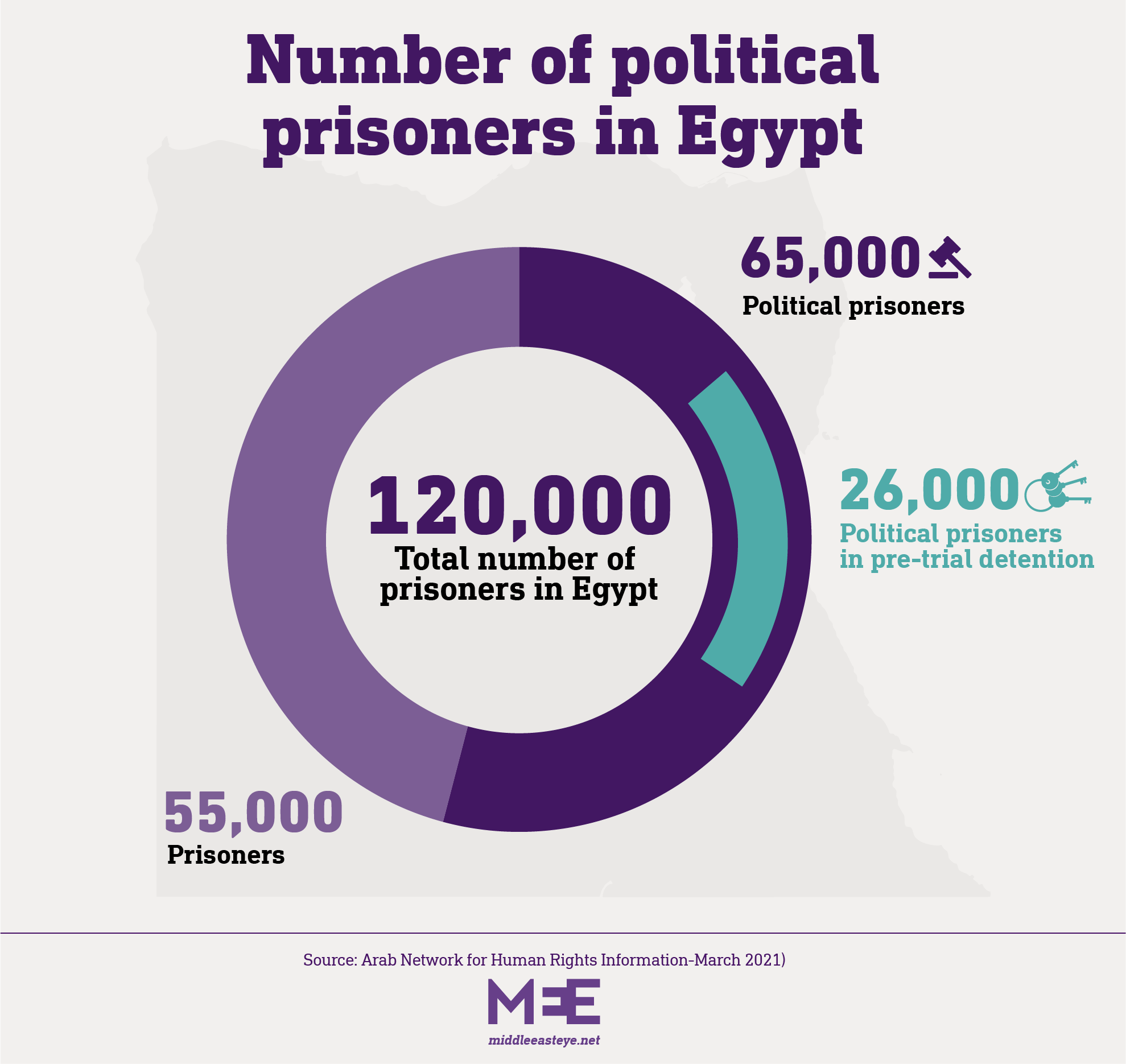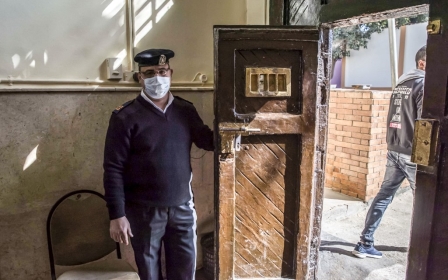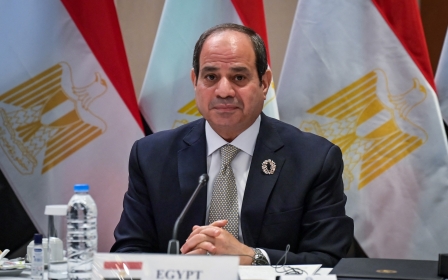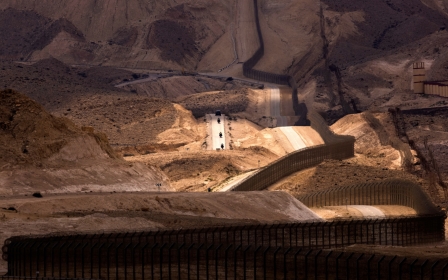Egypt: State media journalist detained after anti-government videos
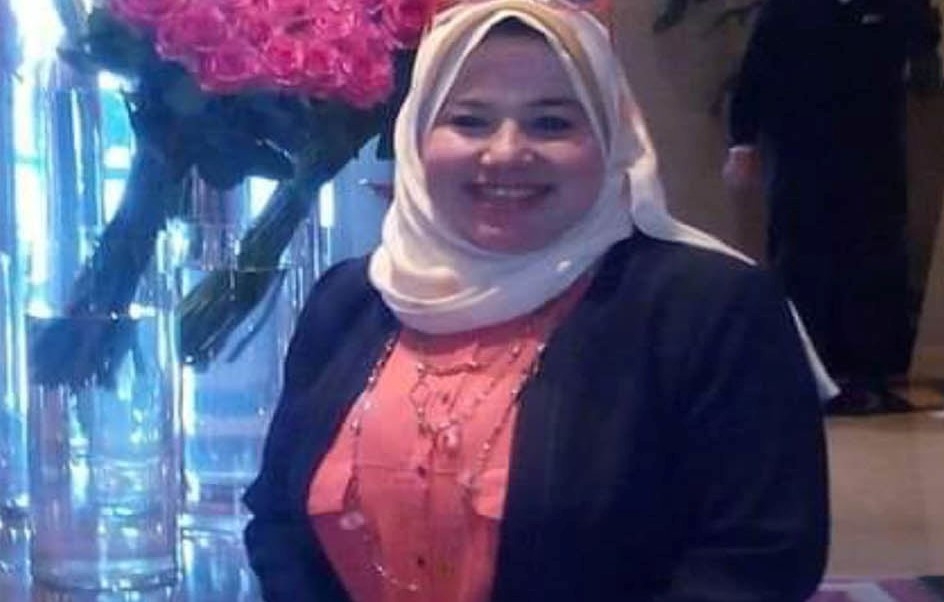
An Egyptian prosecutor on Monday ordered the pre-trial detention of state-media journalist Safaa al-Korbigi two days after what rights groups described as an “enforced disappearance".
The Supreme State Security Prosecution ordered Korbigi’s detention for 15 days, pending investigations into charges of "joining a group founded in violation of the provisions of the law and spreading false news".
Korbigi went missing after her detention on Thursday from her home, according to the Egyptian Network for Human Rights (ENHR).
She had worked for the state-owned Radio and Television Magazine until a decision to dismiss her in March over her absence from work, the ENHR said.
The journalist had been a vocal critic of the economic crisis currently afflicting Egypt, and had been posting online videos in recent months criticising the government of President Abdel Fattah el-Sisi.
In her latest video, she asked for transparency about Egypt’s debts, including “where the money is coming from and where it is spent".
Korbigi referred to the country's mounting debts, set to reach record levels by the end of the year.
According to the rating company Standard & Poor's, Egypt is set to overtake Turkey as the largest issuer of sovereign debt in the Middle East.
The IMF has offered the Sisi government $20bn in loans since 2016, and Cairo has requested another loan since the onset of the Russia-Ukraine war.
IMF loans to Egypt since 2016 are significantly higher than the IMF's quota, and accordingly incur an interest rate surcharge, according to a report by the Project on Middle East Democracy (POMED). The country has become the IMF's largest client after Argentina.
"The Egyptian journalist did not hide her dissatisfaction with the catastrophic conditions experienced by the Egyptian people, in light of the low standard of living, high prices, and the spread of corruption," ENHR said in a statement.
"Her arrest comes as part of an ongoing series of repression and abuse practised by the Egyptian authorities against journalists, to continue the muzzling policy until further notice."
Korbagi is the latest dissident to be detained in the country, where more than half of all prisoners are political. According to the Arabic Network for Human Rights Information, the total number of prisoners in Egypt in March 2021 was 120,000, with an estimated 65,000 political prisoners - at least 26,000 of them were held in pre-trial detention.
Protests by state-media workers
Korbigi is one of 35,000 workers at the Radio and Television Union, the state-run broadcaster in Egypt.
Egypt's state television workers are protesting over the failure of employers to pay their bonuses over several years, bringing into focus the financial problems facing state media in the country.
The union incurred losses up to 7.066 billion Egyptian pounds (around $455.8m) in the fiscal year 2018-19, according to a report by the National Media Authority, the state-controlled body that supervises the work of the union.
Some of the union's workers have staged protests since January inside the Nile-side union building in downtown Cairo against the failure of the administration of the union to pay them their overdue payments.
One of the leaders of these protests, veteran journalist Hala Fahmy, said on Sunday that she had been "chased by unknown individuals" after posting online videos calling out officials for alleged corruption and mismanagement of the economy.
Fahmi, a state television presenter, was suspended for three months on 17 February for inciting her colleagues to demonstrate to demand their financial rights. But she told Middle East Eye that she was not deterred by that punishment.
"I will keep protesting until I get my rights," Fahmy said last month. "I have taken the first step and I will not stop."
In 2021, Egypt ranked as the third worst jailer of journalists, with 25 journalists in prisons, according to the Committee to Protect Journalists.
Middle East Eye delivers independent and unrivalled coverage and analysis of the Middle East, North Africa and beyond. To learn more about republishing this content and the associated fees, please fill out this form. More about MEE can be found here.



